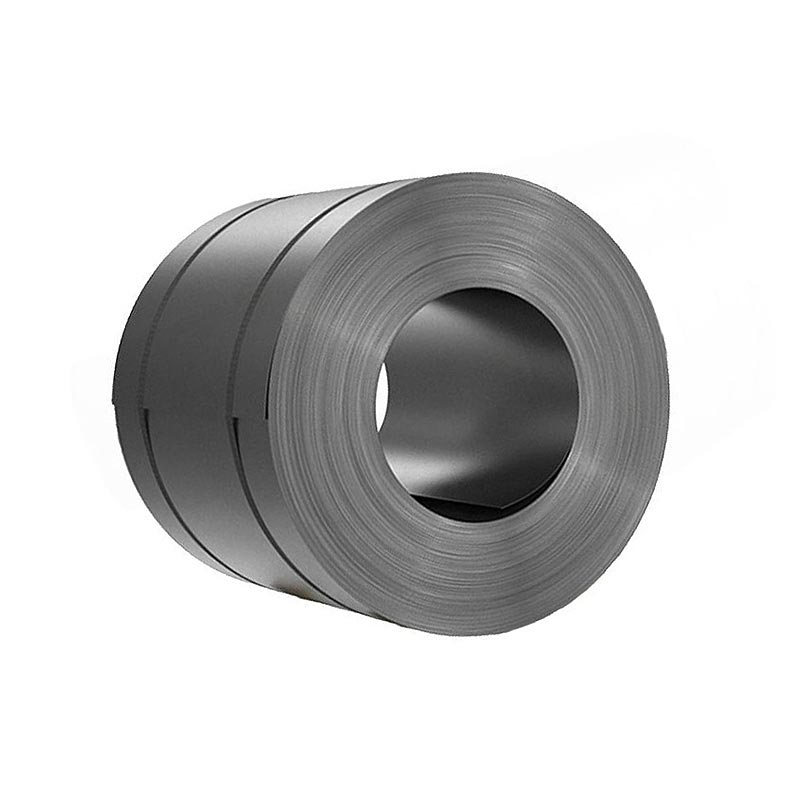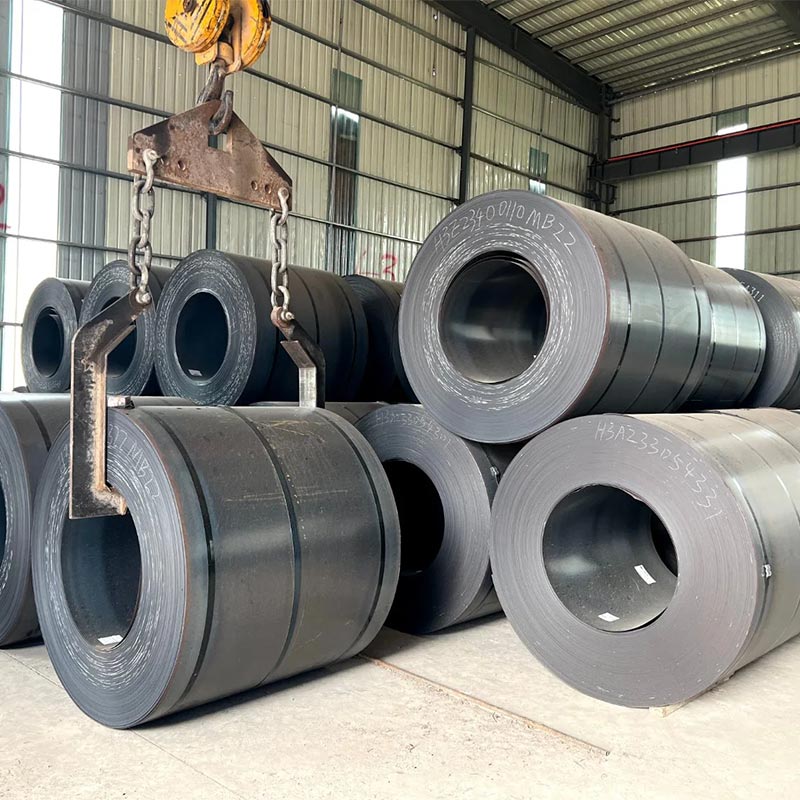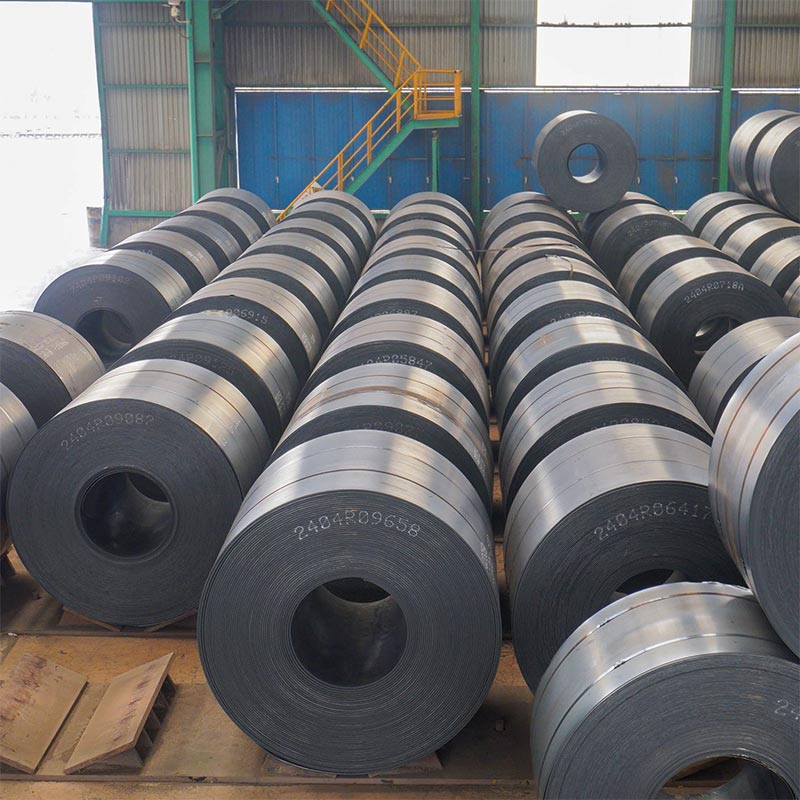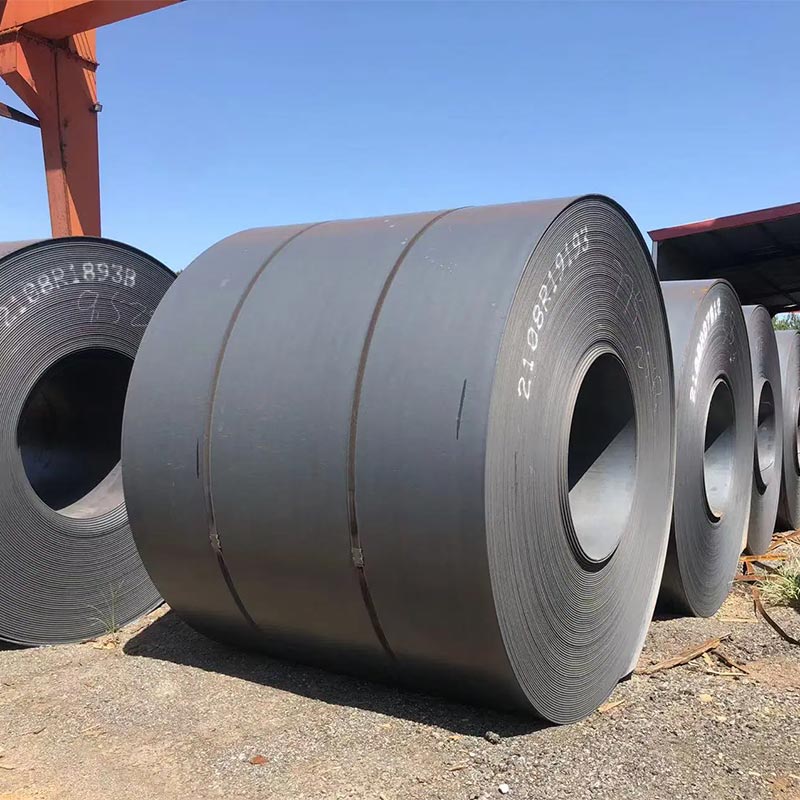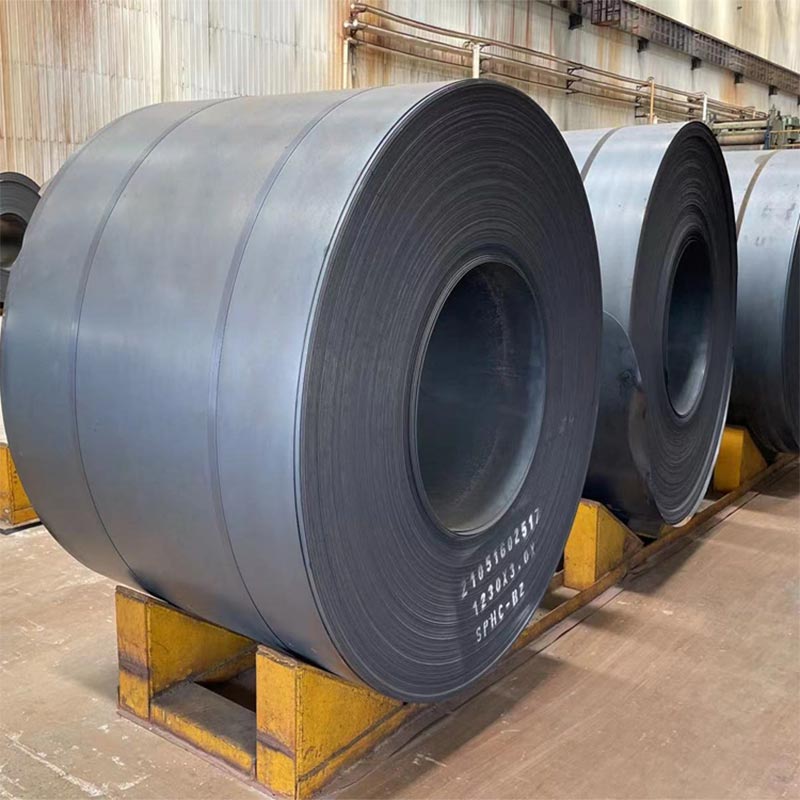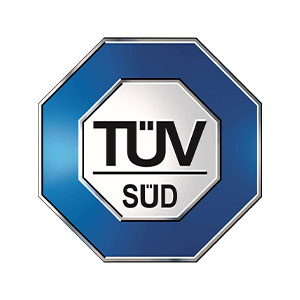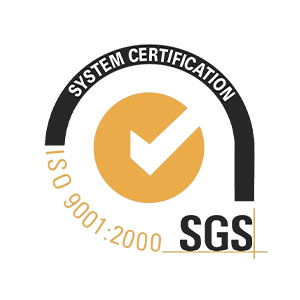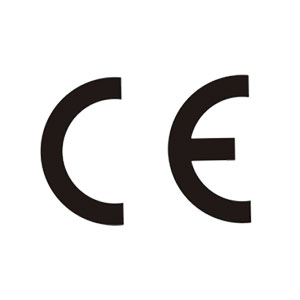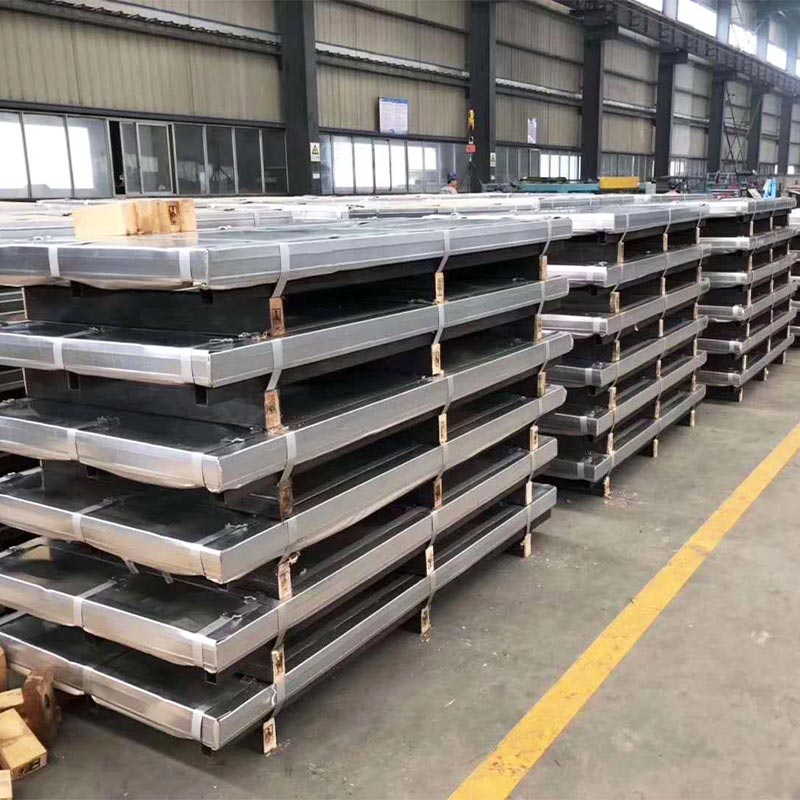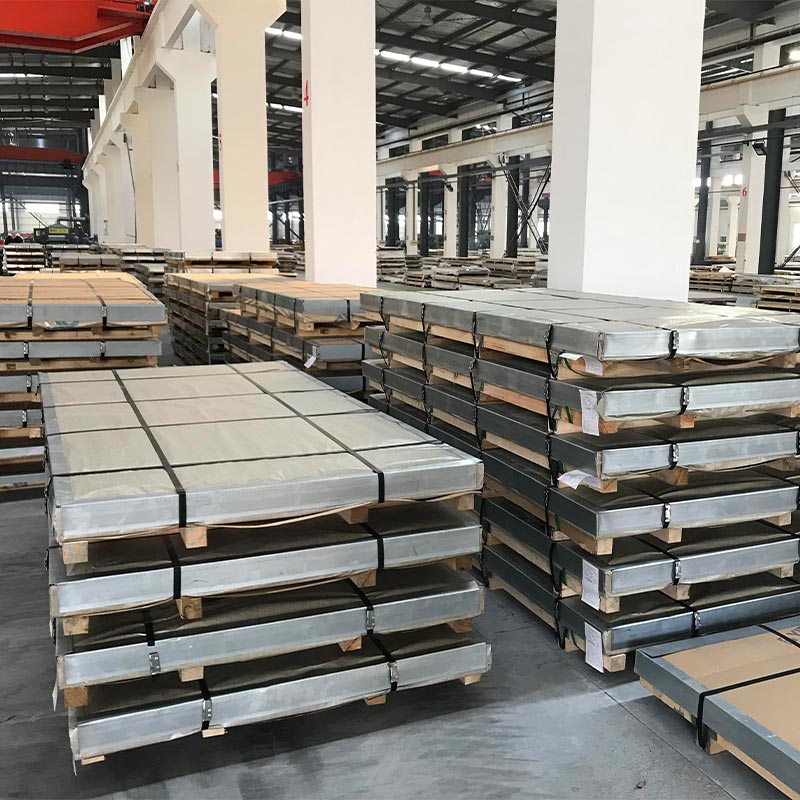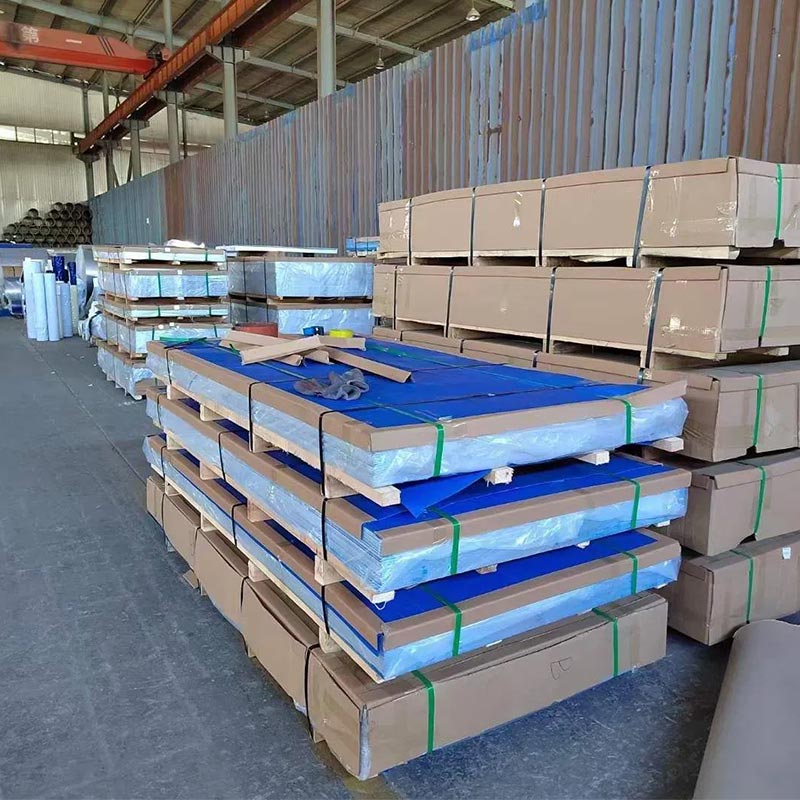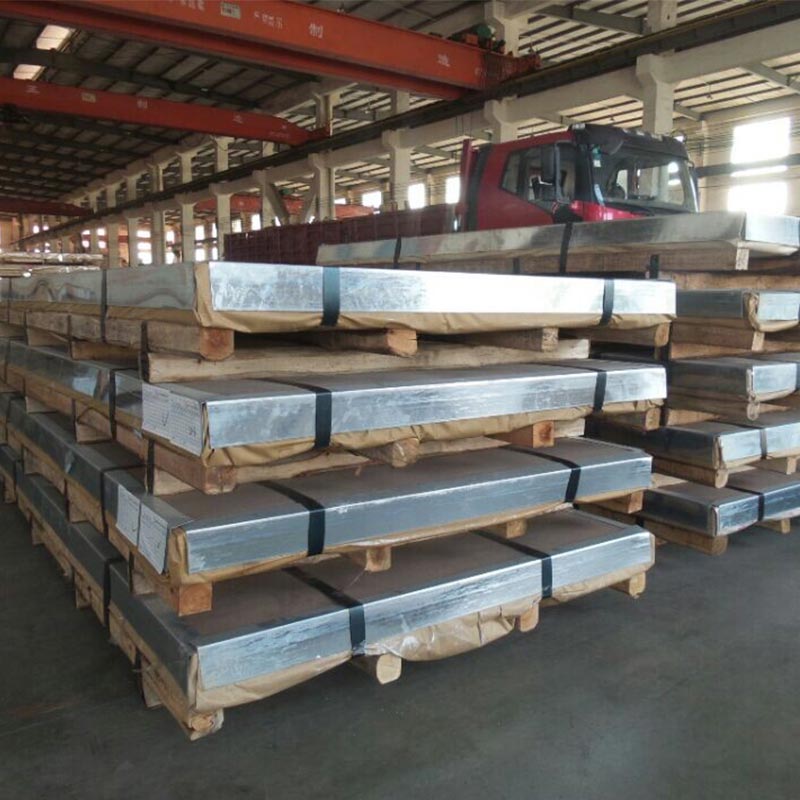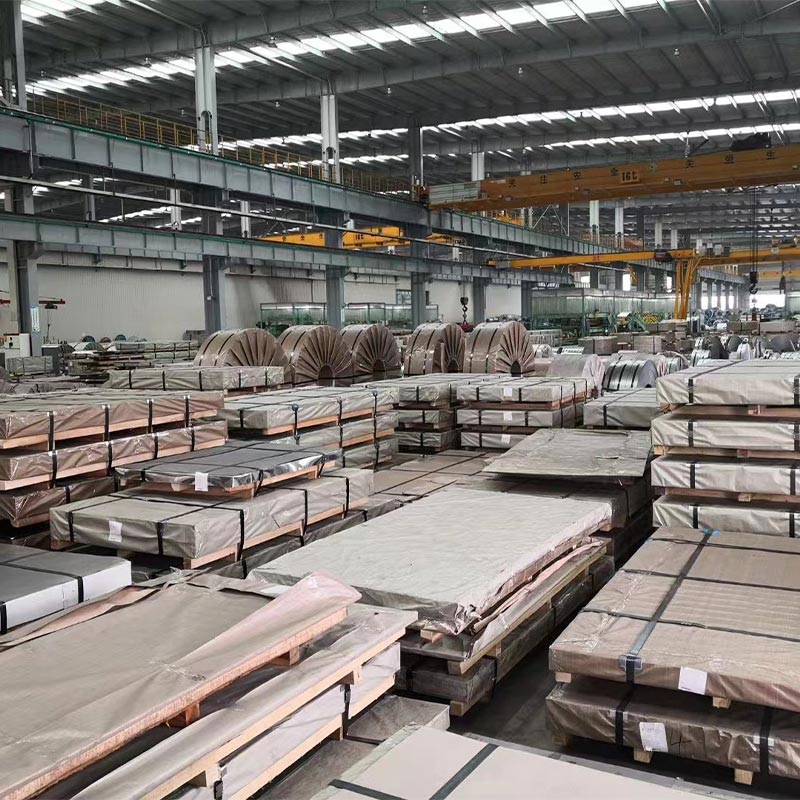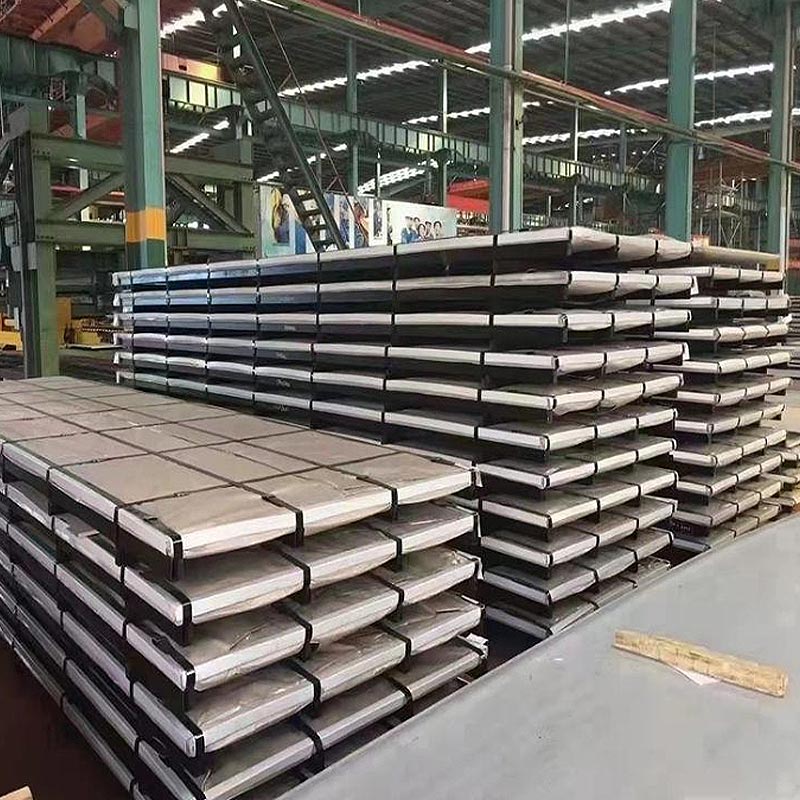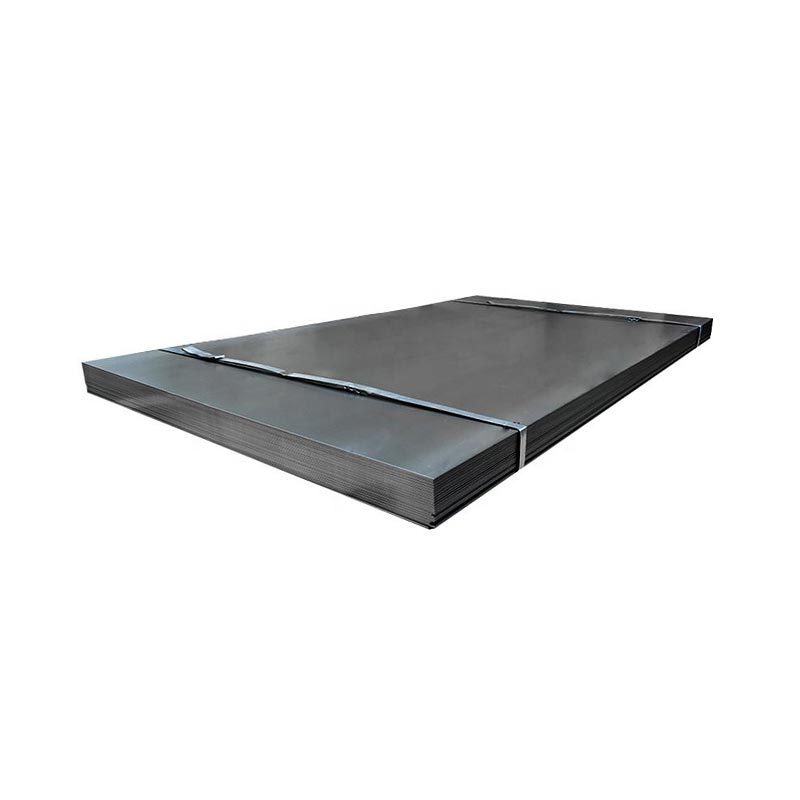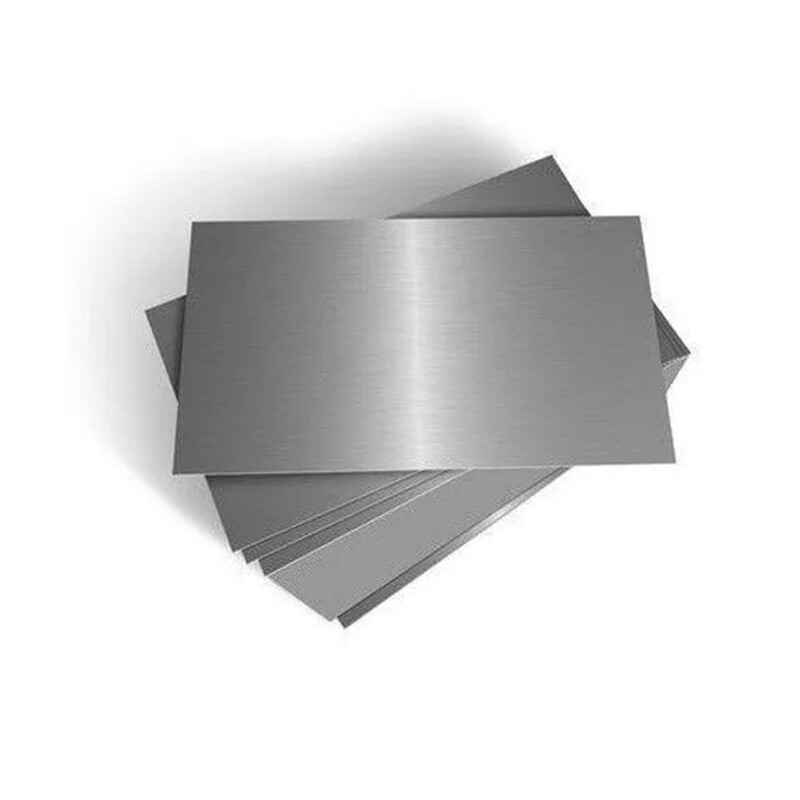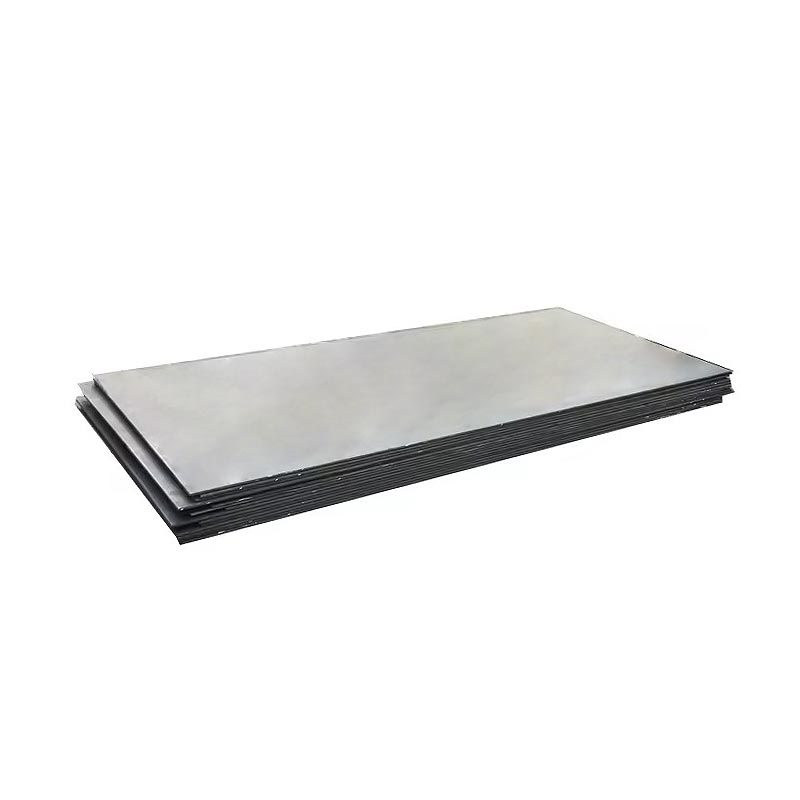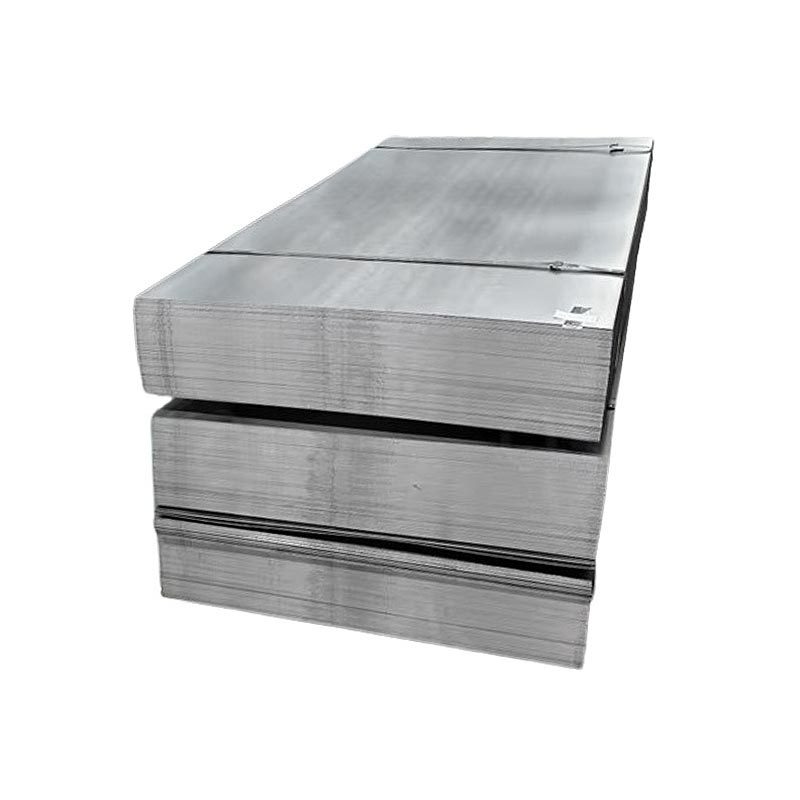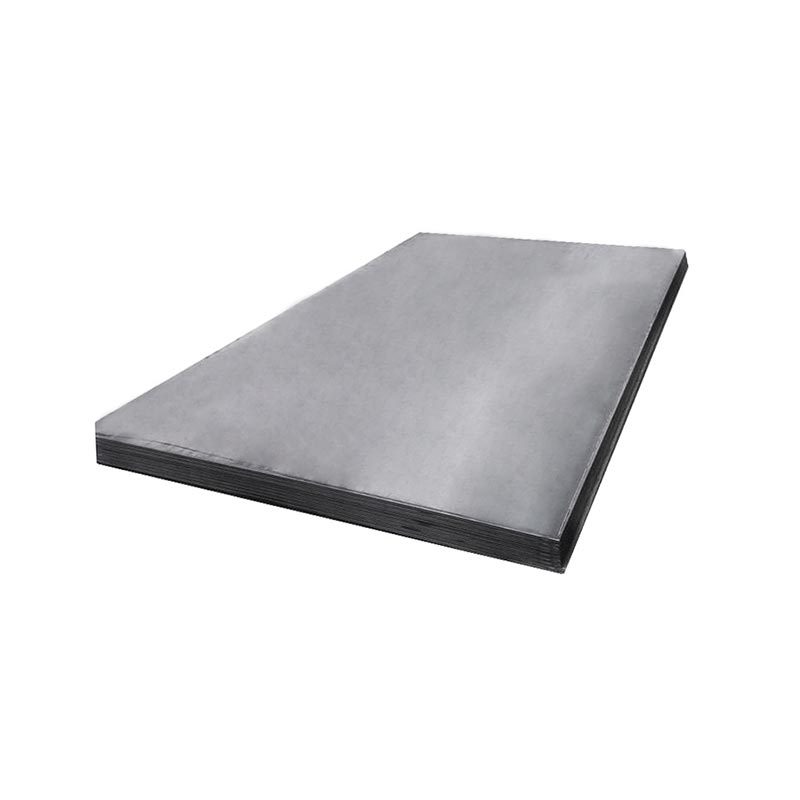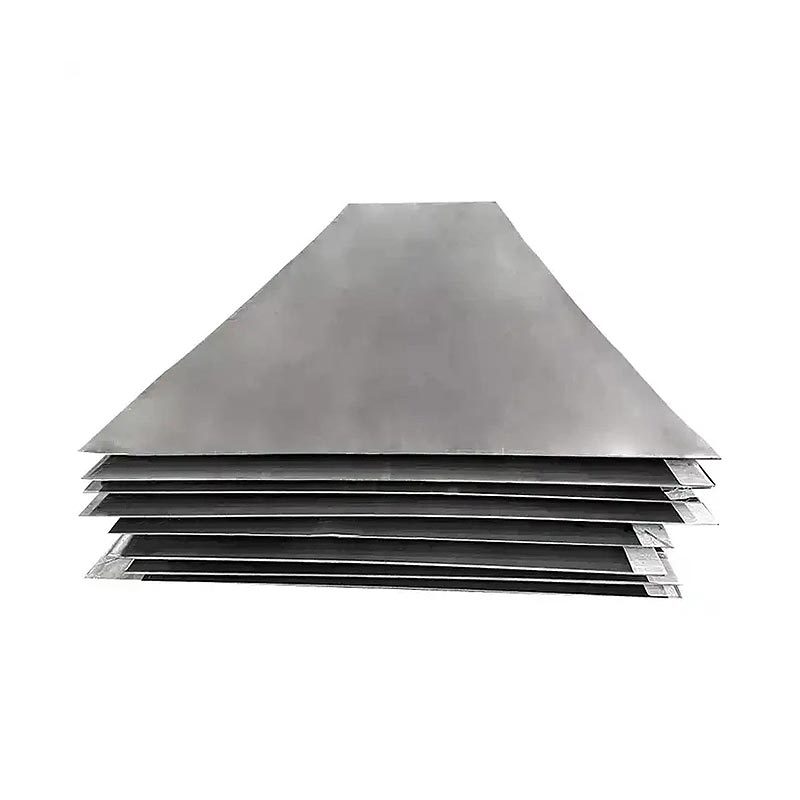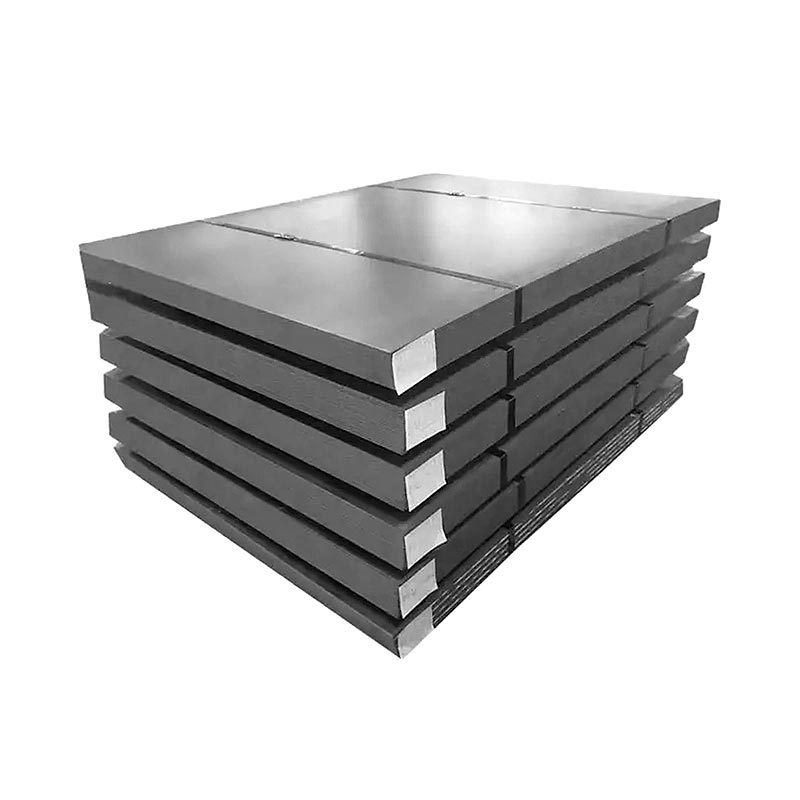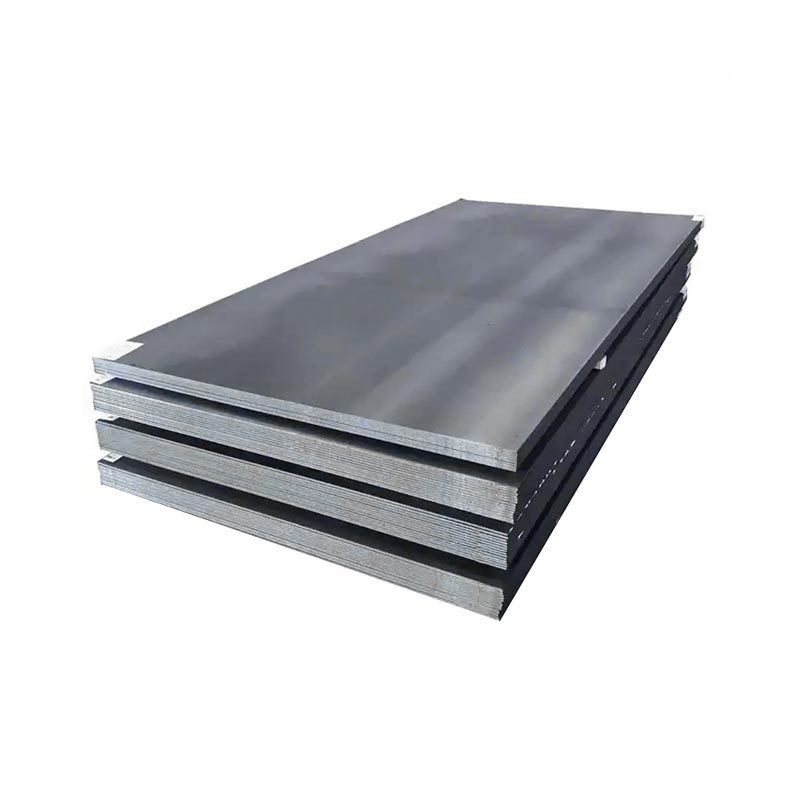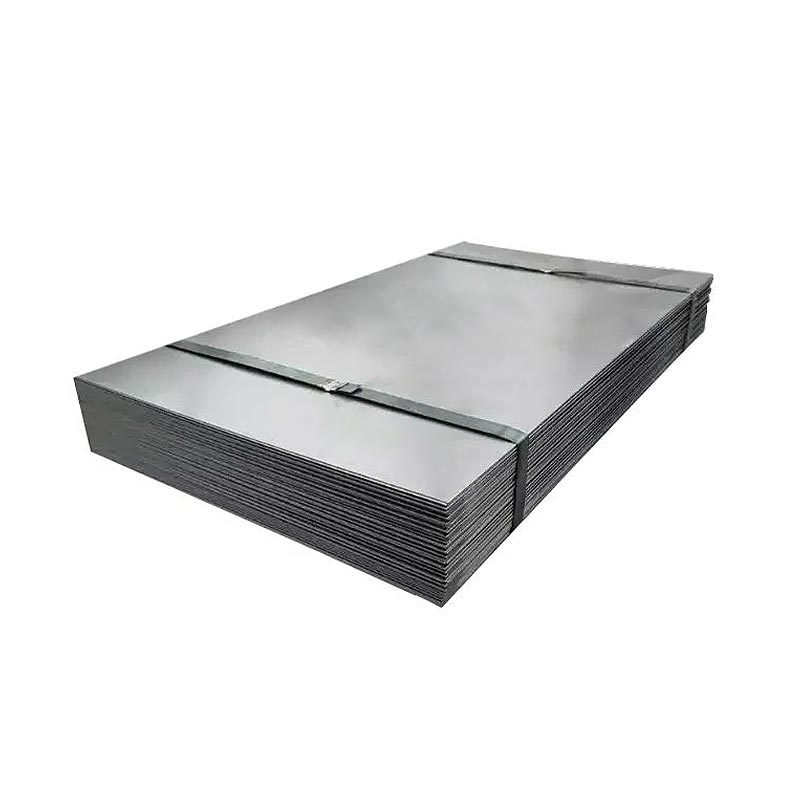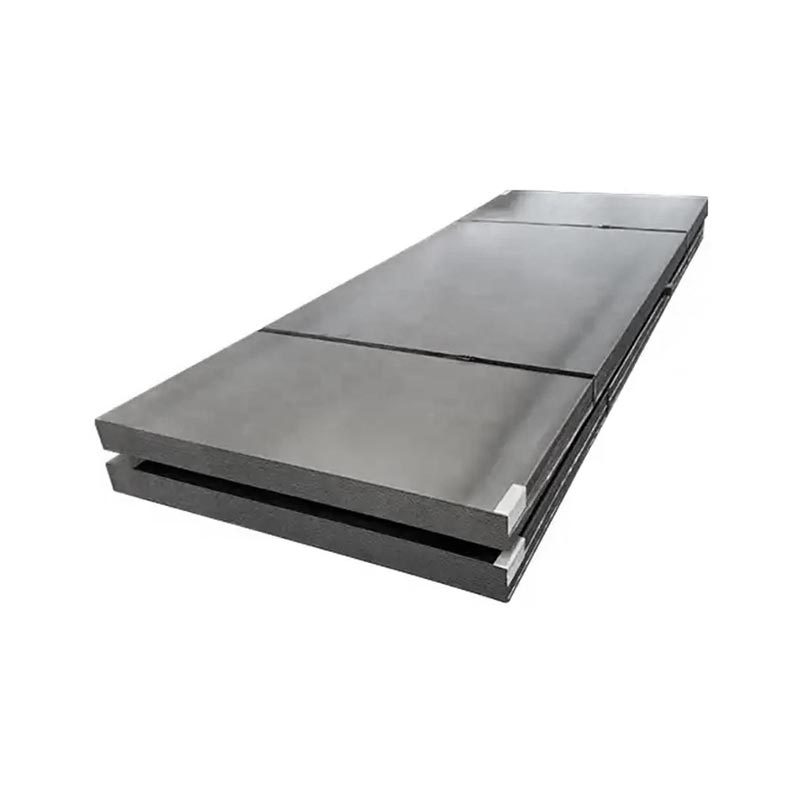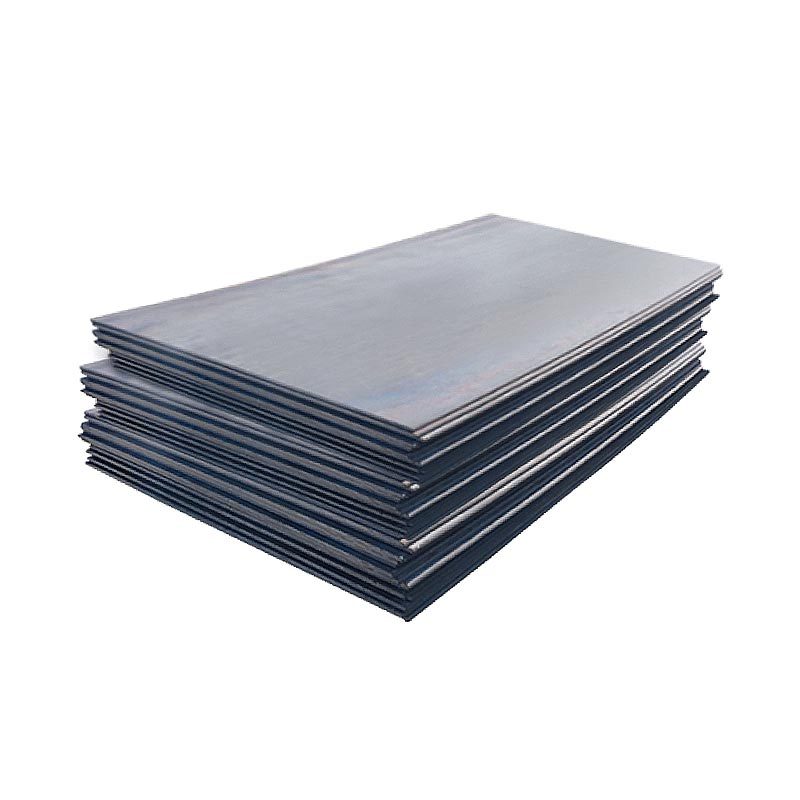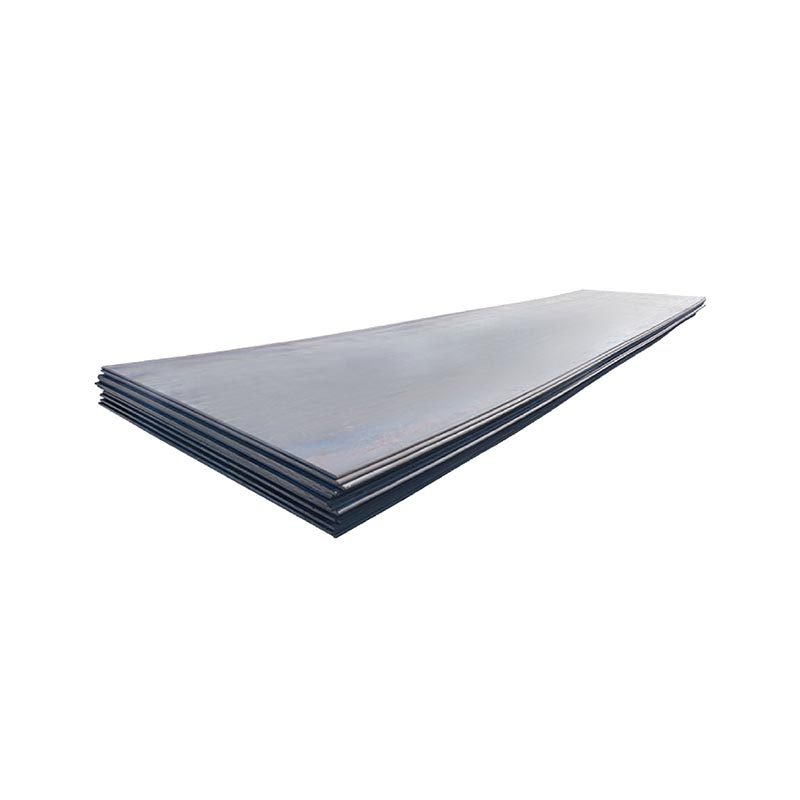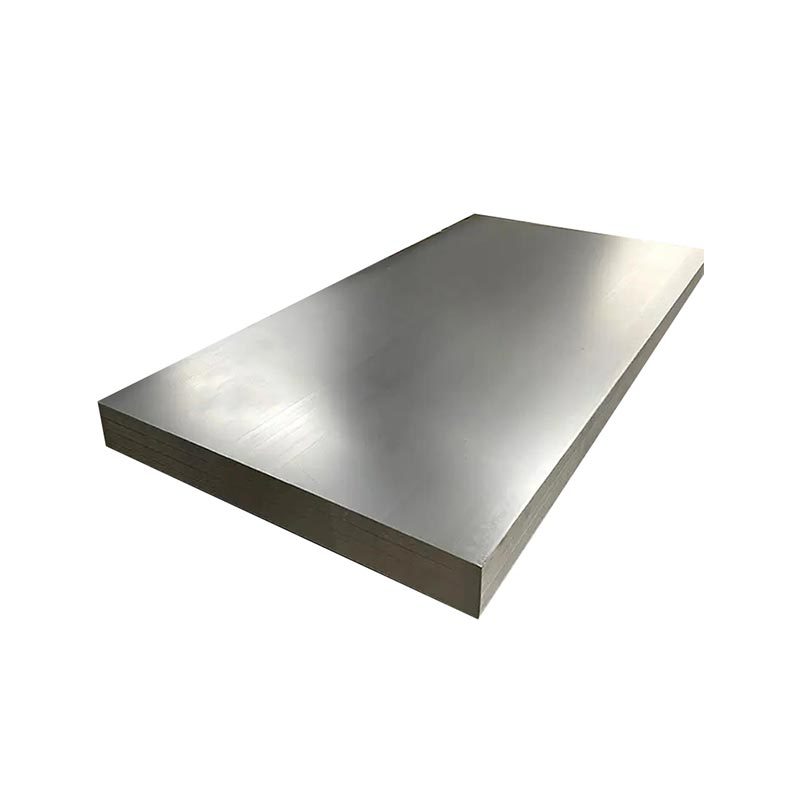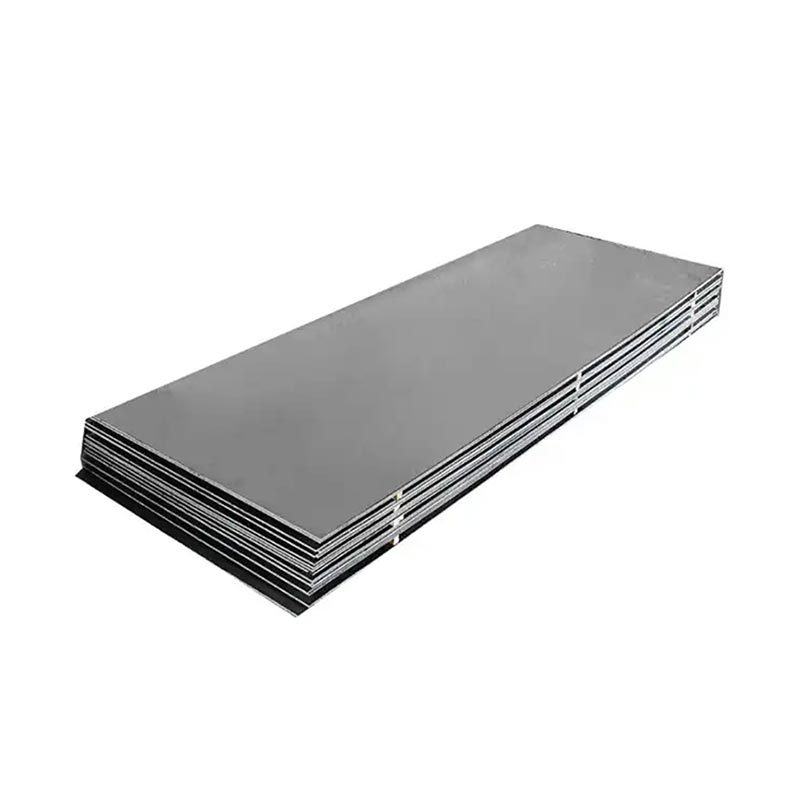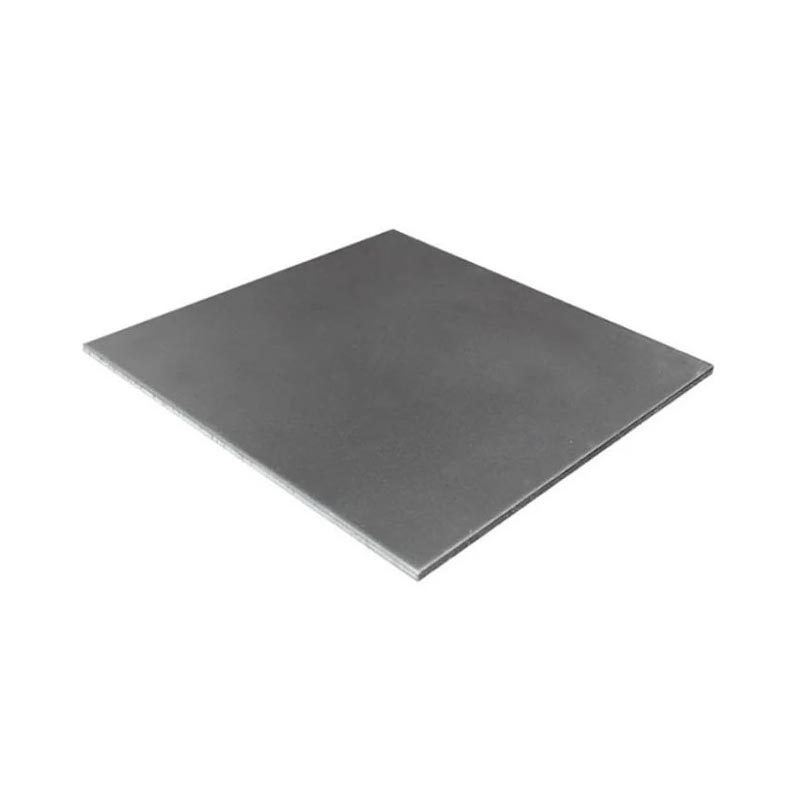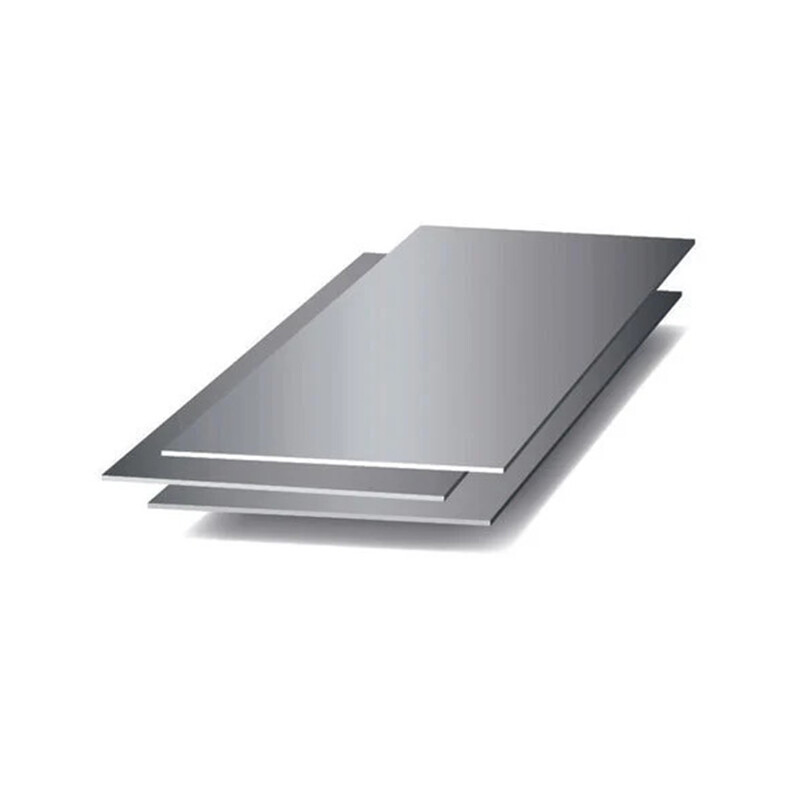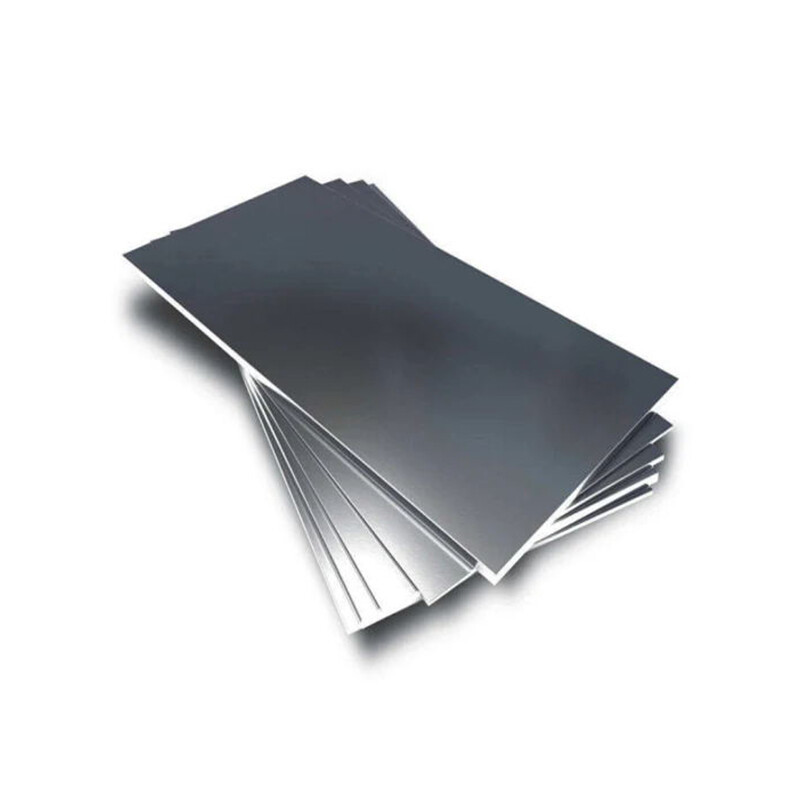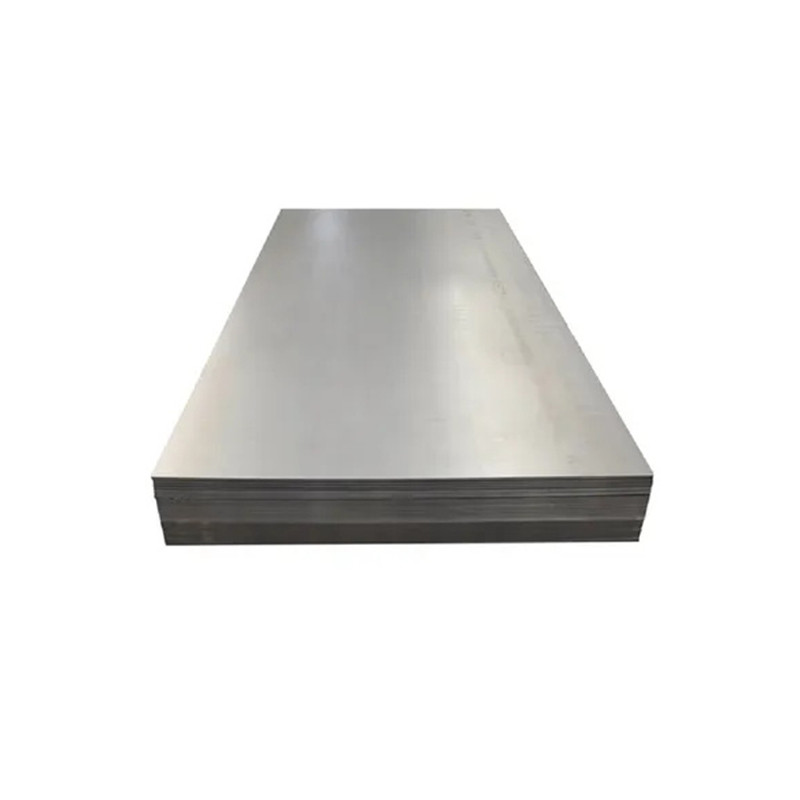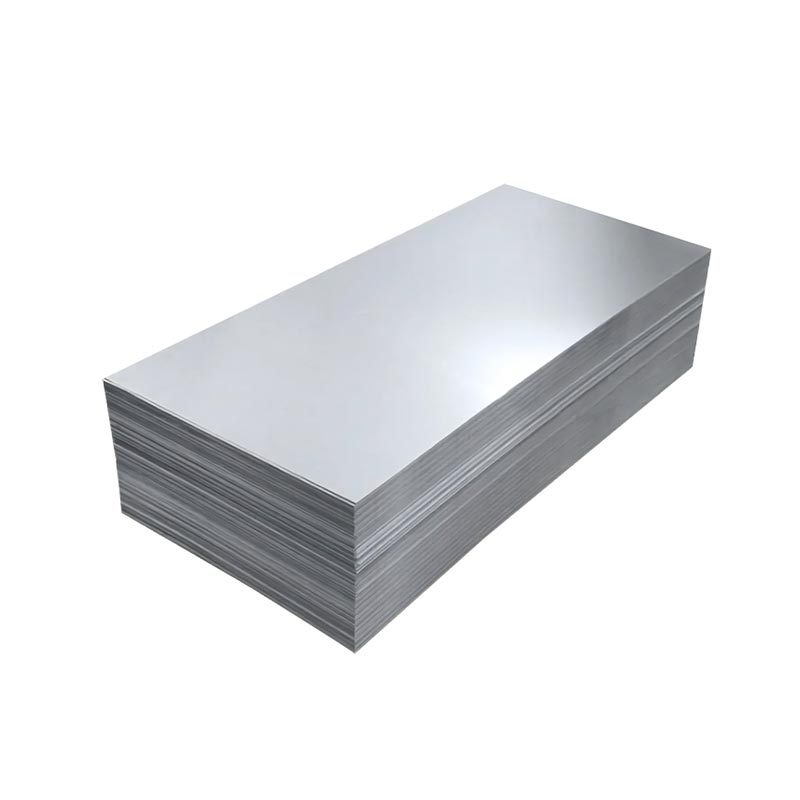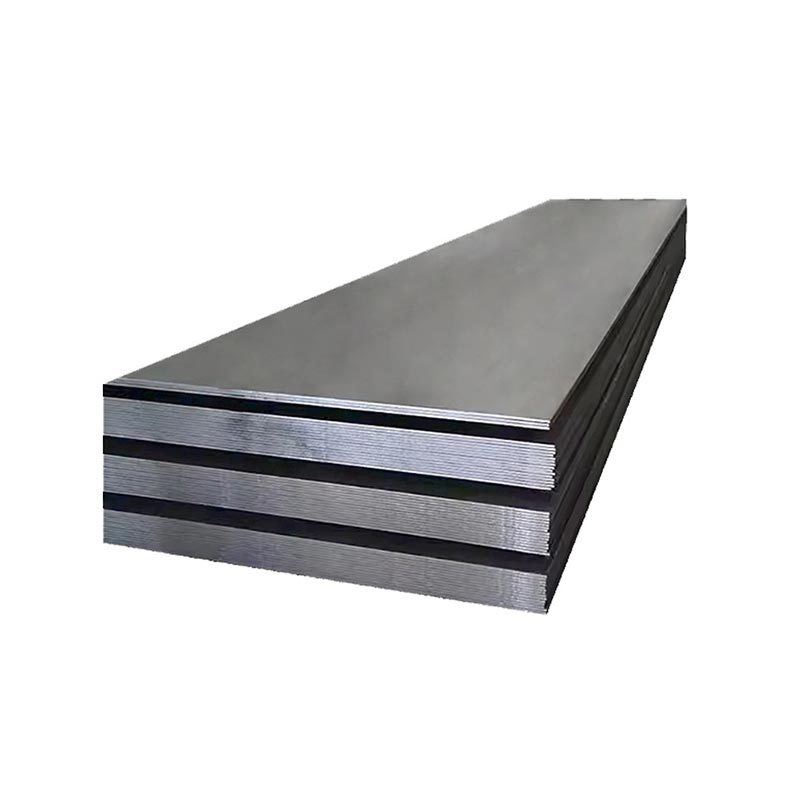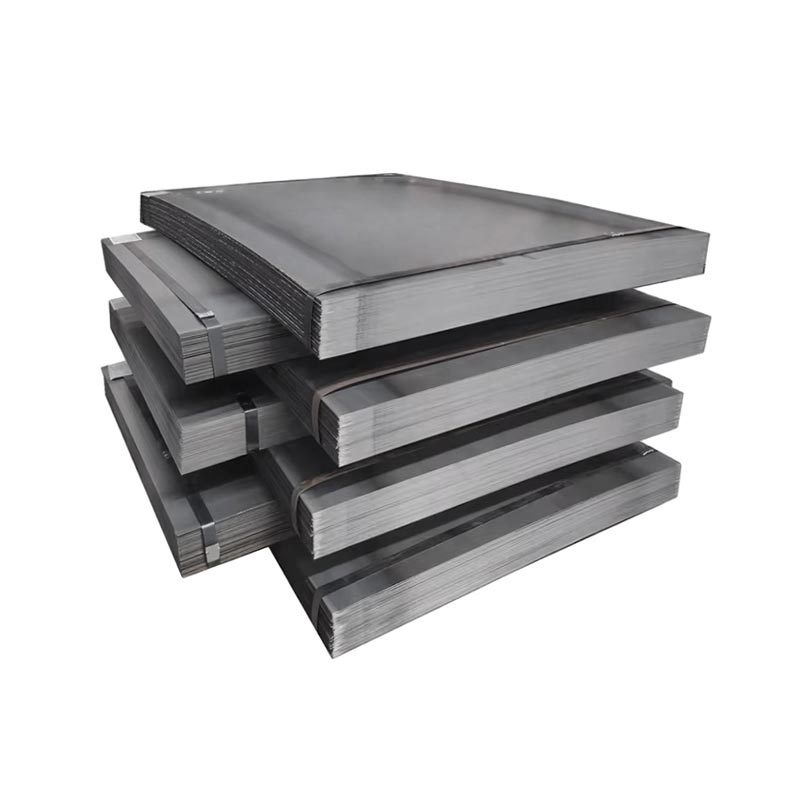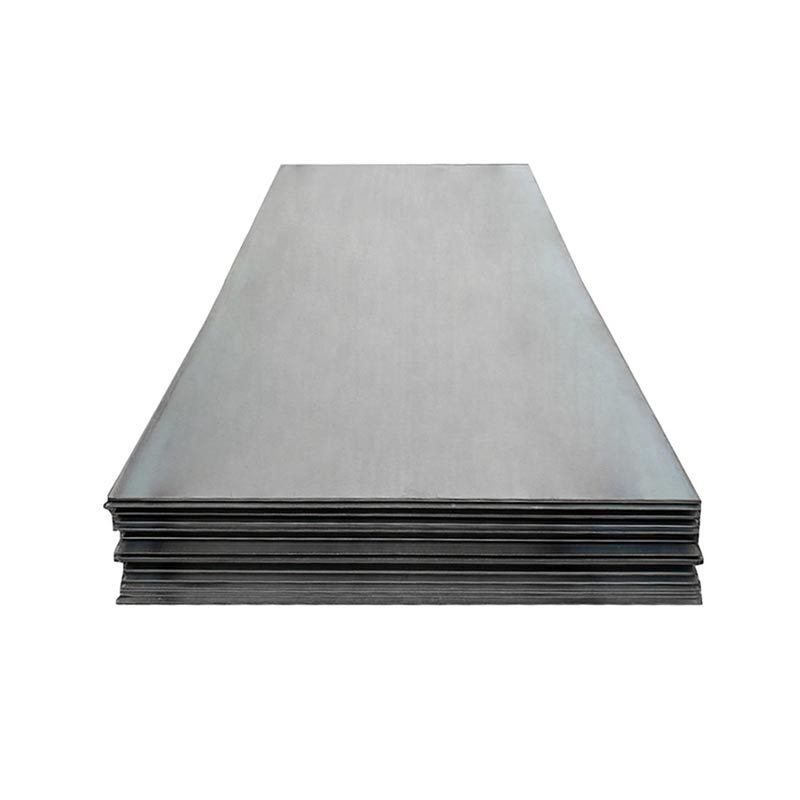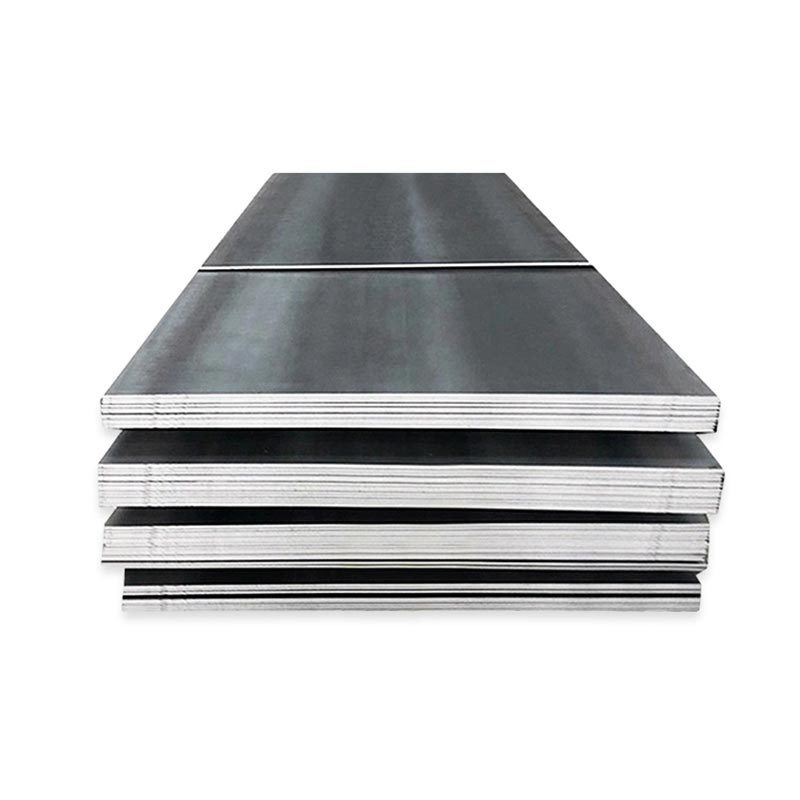Carbon Steel Coil
● A carbon steel coil is a continuous, rolled sheet of carbon steel (iron-carbon alloy) wound into a coil shape. Classified by carbon content (low, medium, high), it balances formability, strength, and cost.
● Low-carbon coils (e.g., A36) offer ductility and weldability, ideal for automotive parts or construction. Medium-carbon variants provide higher strength, used in machinery. High-carbon types are hard but less flexible, suited for tools.
● Available in various thicknesses and widths, these coils are unrolled for cutting, stamping, or forming. Common in manufacturing, construction, and metalworking, they serve as raw material for pipes, panels, and structural components.
View Video
A537 Pressure Vessel Steel Coil
A537 pressure vessel steel coil is a low-alloy, heat-treated (normalized or quenched-tempered) material meeting ASTM standards, designed for low-temperature pressure service. Available in grades 1 and 2, it offers excellent notch toughness, even at subzero temperatures. With tensile strength 485–655 MPa and yield ≥345 MPa, it balances strength and ductility. Good weldability ensures suitability for boilers, storage tanks, and cryogenic vessels, reliably handling low-temperature, moderate-pressure conditions in industrial settings.
Get A Quick Quote!
You Can Leave Us A Message
or Send Us An Email!
Product Details
Product Parameters
Packaging and Transportation
Related Products
Leave Us Message
Please give us a message
What are you lookking for?

